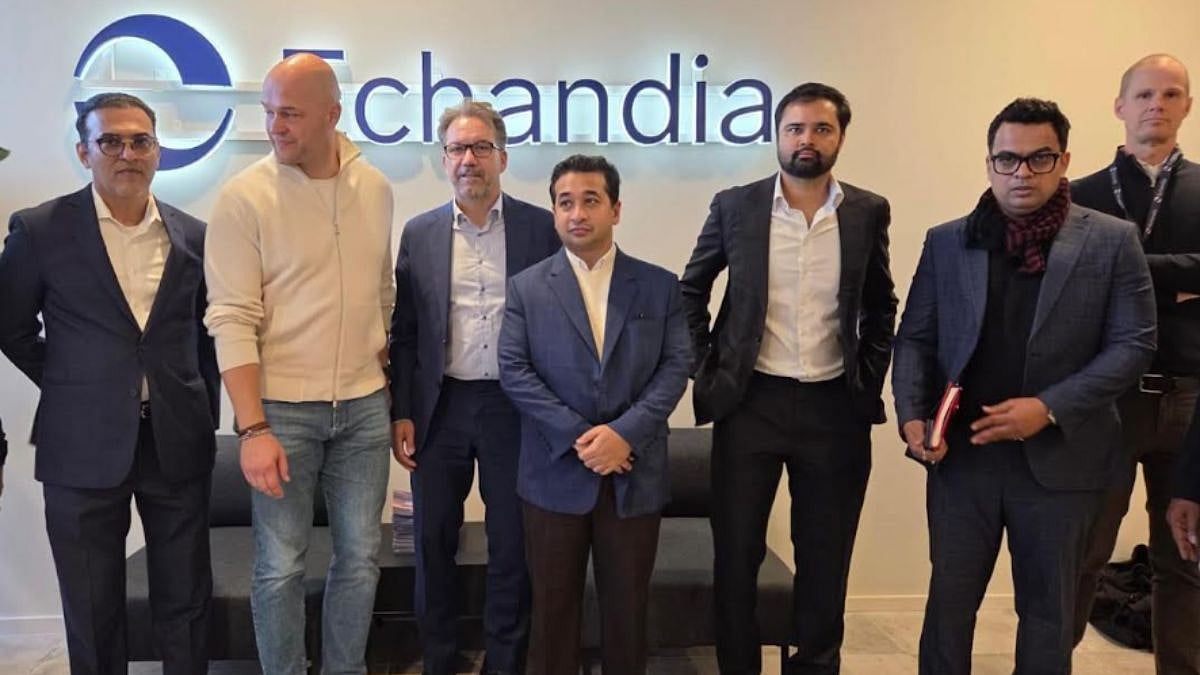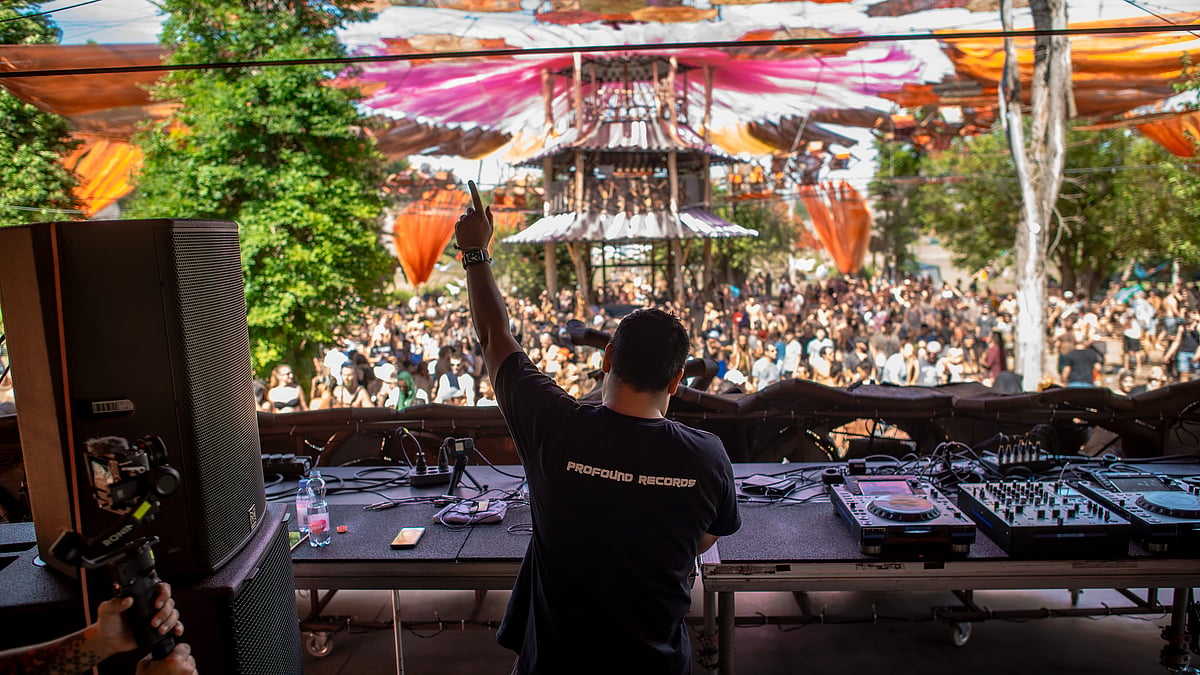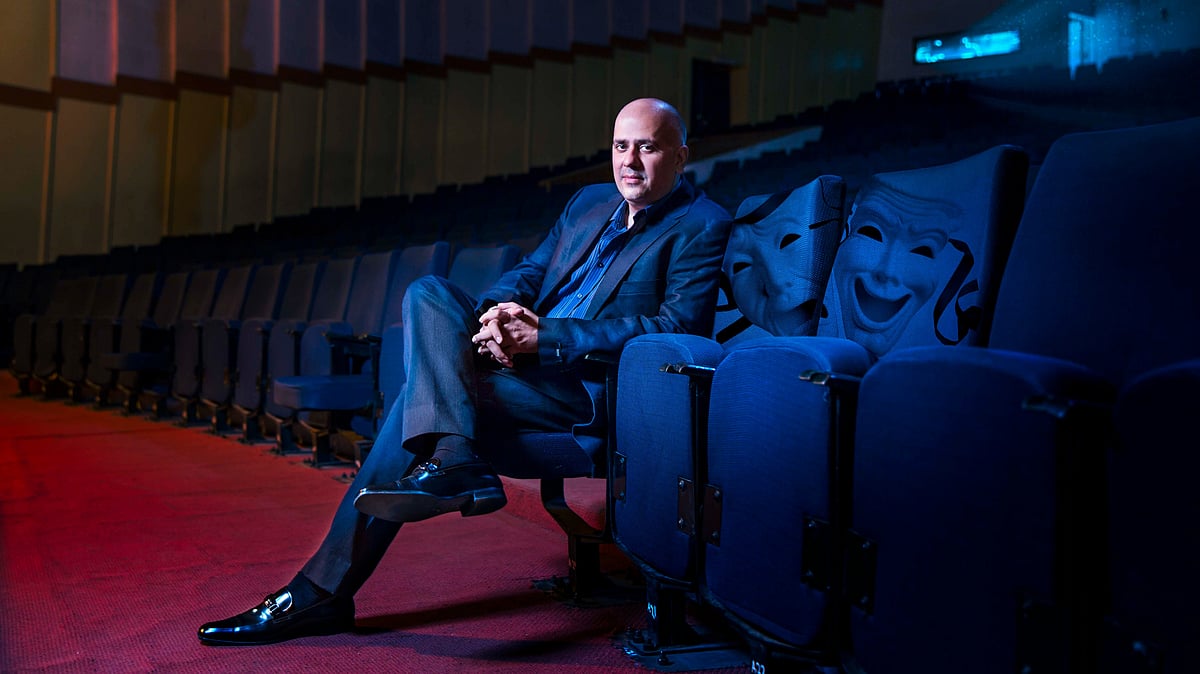Conspiracy theories are in news these days, thanks to Rep. Marjorie Taylor Greene and former US president Donald Trump. Both supported the conspiracy regarding voter fraud in the recent US elections. Their constant support is said to have led to the January 6 US Capitol Hill Riots.
Indeed, Greene’s list of conspiracy theories beliefs run deep and have at times come from the pro-Trump QAnon community, who believes that Trump was battling secret sect of Satan-worshipping paedophiles running a global sex racket. About the Pizzagate conspiracy theory, she blogged about Hillary Clinton running a child-trafficking racket from a pizza restaurant in Washington DC. Another shocking theory was Greene’s denial of 9/11 Twin Tower Attacks and mass shootings in schools taking place. She allegedly supported the theory that the 9/11 attacks were conducted by the US government itself. Many (including Greene) believed that the fatal mass shootings that took place in schools in Newton, Connecticut and Parkland, Florida did not happen. Greene even confronted David Hogg, one of the Parkland shooting survivors, and called him a ‘coward’. Greene was recently removed from Congress committees for her support of such theories.
Trump has also quite actively supported theories that have been debunked so far. He always claimed that former president Barack Obama was not born in US and is also an ISIS supporter. With regards the 9/11 attacks, Trump spoke about the Arab population in New Jersey cheering and celebrating as the Twin Towers went down. These are but a few of the conspiracy theories Trump supported.
While there are several conspiracy theories doing the rounds, one needs to use tack to deal with them to avoid bigger issues.
Defining moment
Geeta Ramakrishnan, an Ontological Coach and Author, feels conspiracy theories come from a ‘big tragic world occurrence’ that are typically illogical, far-fetched and with ill-intent. “It is interesting to note that our brain has a unique property to attract negative news. We then dwell on it with repeated thoughts and discussions without any serious conclusion. We live in a world where social media plays a prominent role in our lives. It is not only the print and newspapers, it is media like Google, Facebook, Twitter and WhatsApp that help spread such news like wild fire. This amplified negative publicity seems to create great interest in the general public, even though it rarely adds value to our lives.”
Ariba Abbasi, a Senior Counselling Psychologist at The Happy Tree, Delhi, describes them as ‘explanations of harmful or tragic events as the result of the actions of a small powerful group’. “Such explanations often reject the accepted narrative surrounding those events.”
As per Dr. Jyoti Kapoor, Senior Psychiatrist & Founder, Manasthali, Gurugram, theories come from the notions and presumptions of any mysterious event. “Paranoia and overactive imagination can see ghosts in shadows and that’s what inspires fantastic ideas. Since everyone likes the thrill and suspense of a mysterious story, people enjoy listening and retelling such stories.”
Dr. Sneha Karmani, Consultant Psychiatrist, Aditya Birla Memorial Hospital, Pune, defines them as narratives of important events thought to have been ‘caused by secret plots by powerful groups’. “These are falsely held belief systems about perceived threat in any event. In an ancestral environment in which humans were frequently confronted with threat to their survival, it may have been protective to be suspicious of powerful, potentially hostile coalitions. Conspiracy theories are widespread because in the evolutionary history of our species, it was adaptive to hold these beliefs. They continue to exist in the modern world, whether adaptive or not.”
Dismissal or importance?
Trump and Greene gave conspiracy theories importance. Should we too? Dr. Karmani reveals, “Giving importance to what they said and supported would take away our time, effort and peace, because when something is not found in truth, one cannot reason it to the point of rationality. While the whole episode definitely has an impact on people’s minds, it relies a lot on name-calling and demeaning other people and groups, without a fact-check or regard, which in a democratic society should be abhorred. They have also tried to incite violence, which can have dire consequences.”
Ramakrishnan agrees Greene’s ‘instigating social media tweets’ supporting theories capable of stoking political violence, caused mayhem. “While to her defence she said she picked up these topics because they sounded very interesting in theory and she believes it at face value and was disturbed about it and upset with the government for it. She did give a statement regretting not questioning the validity. In reality, it may not be that easy to verify some theories, and there could always be a small percentage of ‘what if it is true’ doubt in one’s mind.”
Dangers involved
Dr. Kapoor feels overexposure to them can create a sense of distrust which, consecutively, can create ‘paranoid mental state’. “People who are generally anxious feel insecure and seek confirmation, thereby sowing the seed of mistrust in other people’s mind. With social media being the go-to for anybody seeking answers, such stories which inspire curiosity, spread like wild fire. People interact passionately on virtual forums and negative emotions are aired. The resulting effect can be dangerous for individuals being falsely blamed and society at large.”

Abbasi mentions the negative societal consequences of such theories. “For example, conspiracy theories have increasingly been associated with the motivated rejected of science, including anti- vaccinated theories, link between ADHD and HIV.”
Dr. Karmani confirms beliefs in them can result in ‘negative social, health, and civic outcomes. “On a social level, they are associated with populism, political extremism, religious fundamentalism and radicalisation of fringe groups. They are believed and propagated more by people with psychopathy as a personality trait, characterised by social dominance, exploitation, and manipulation.”
“While most conspiracy theories are noticeably flawed, there have been many that could pass off with a great quotient of doubt, especially if propagated by a powerful person and fanned with the media in the wrong direction,” Ramakrishnan states. “Now that sounds like treading in dangerous territory. Besides, even if the seemingly flawed ones resonate with a small group of people, it is enough to create a sizeable awareness and possible unrest. The truth can be marred, as after all what is the truth? And you sometimes just get caught up by the wave, and at that time people don’t look for evidence or spend their time verifying the truth or using for logic. And we have seen in history how some people have single-handedly influenced almost a whole country with arguable flawed theories and this has resulted in the destruction and mass murder.”
Put an end
Dr. Karmani backs literacy, critical thinking, and general education as a whole to tackle Conspiracy Theories. “Bullies and gossipers are born in schools, and although it is human tendency to gossip, extreme forms could rely on out-grouping minorities, exploiting vulnerabilities of certain people, and affecting their self-esteem and well-being. These attitudes and personalities should be identified at an early age, and efforts must be taken towards minimising such behaviours. Given that inequality and powerlessness in a society, or any group, is a significant cause of conspiracy mongering, policy designers must address this problem.”
Abbasi’s strategy in dealing with them is to focus on facts. “Beginning with a question as simple as whether the person actually believes the conspiratorial content may reduce endorsement of the distrust evident in some theories. A next step may be the non-judgmental presentation of well-sourced facts as a possible alternative explanation. One can supplement facts relevant to the conspiratorial content with basic information on the nature of conspiracy theories and their causes. A more nuanced approach may be to personalise the subject to invoke emotion. There is modest evidence suggesting that creating emotion may, for instance, reduce short-term prejudice. Promoting counterfactuals entails having a person consider how the past or present could be different based upon alternative personal actions.”
Mark Twain has rightly said – How empty is theory in the presence of fact! And so is Conspiracy Theory...













